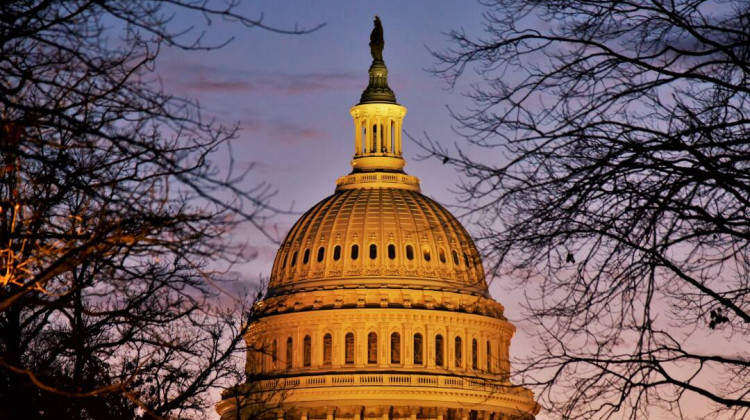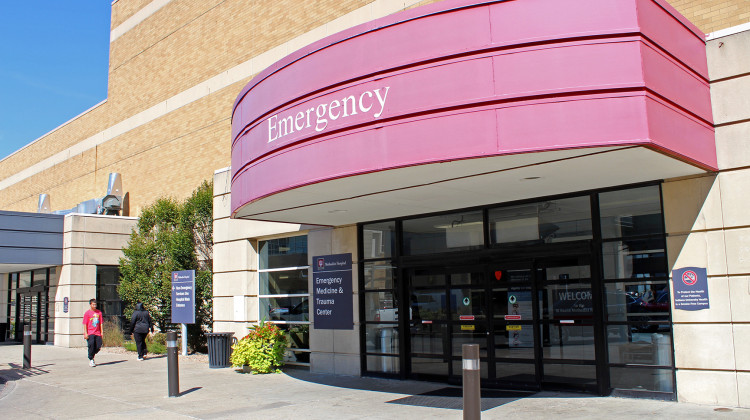
Samples of blood and other bodily fluids at the Marion County Coroner's Office are tested to see if they contain controlled substances.
Jake Harper/Side Effects Public MediaThe Indiana Senate has passed a bill requiring more complete reporting of overdose data from county coroners.
As opioid overdose deaths continue to increase, states are underreporting opioid and heroin drug poisoning deaths. Overall, the U.S. underreported opioid-related deaths by more than 20 percent in 2014, according to a recent study in the American Journal of Preventive Medicine. Some states were vastly undercounting: In Indiana, the report estimates that there were more than twice as many opioid-related deaths than the state counted.
Brad Ray, a researcher at Indiana University’s School of Public and Environmental Affairs, says that when coroners suspect an overdose, they should run a toxicology report to figure out what drugs were in the victim’s blood.
“But a lot of coroners don't run toxicology reports,” said Ray. “And a lot of times when they do see multiple substances, they don't indicate what those substances are.”
Unless an overdose is specifically labeled, it won’t get counted as an opioid-related death. “We're really only counting them when that's the only substance that's present,” said Ray. Many people who use illicit opioids use other substances as well, such as meth or cocaine, and those deaths are often labeled with the term “polydrug intoxication” — which wouldn’t be counted as an opioid-related fatality.
The bill standardizes the way coroners report drug deaths. In the case of a suspected overdose, coroners are required to extract and test bodily fluids for controlled substances, and report results to the Indiana State Department of Health. The bill also opens up some funding to pay for toxicology screens, which can be expensive.
Lawmakers hope the measure will result in better data, helping policymakers tackle the drug epidemic.
“We need to attack the opioid epidemic as aggressively as it’s attacking our Hoosier communities, but to do that we need accurate information on drug overdose deaths,” said Gov. Eric Holcomb in a written statement.
This story was produced by Side Effects Public Media, a reporting collaborative focused on public health.
 DONATE
DONATE








 Support WFYI. We can't do it without you.
Support WFYI. We can't do it without you.